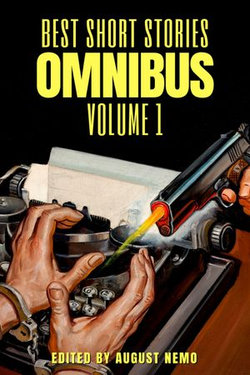Kate Chopin
Kate Chopin was born in St Louis, Missouri on 8 Feb 1850. Born Katherine O'Flaherty, she grew up in a predominantly female household after her father died when she was just four years old. Her father was an Irish immigrant, and her mother was French Creole.
In 1870 she married Oscar Chopin, a local cotton trader, and together they had six children. In 1882 Oscar died from swamp fever, leaving Kate a widow with a large family to support, and the heir to his sizeable debts. She turned to writing in order to support her young family, publishing her first short story in 1889. A number of her works were subsequently published in literary magazines and popular American periodicals, including Vogue.
Chopin published only two novels in her lifetime: At Fault and The Awakening. The Awakening, published in 1899, was largely condemned as vulgar and immoral by critics of the time. Dismayed by such a harsh reception, Chopin cut short her brief career as a novelist, and for the remainder of her life focused solely on writing short stories, poetry and reviews. Kate Chopin died on 22 August 1904 from a brain haemorrhage.
Kate O'Flaherty was born on February 8, 1850, in St. Louis, of French and Irish ancestry. She was graduated from the St. Louis Academy of the Sacred Heart in 1868; two years later she married Oscar Chopin and went to live with him in New Orleans. They had five sons by 1878, and the following year they moved to Cloutierville, a tiny French village in Natchitoches Parish, in northwest Louisiana. There their last child and only daughter was born in 1879.
After Oscar's death in 1882, his widow ran their plantations and carried on a notorious romance with a married neighbour, but abruptly chose to return to St. Louis in 1884. Within five years she had begun her literary career, and during the next decade she published two novels - At Fault (1890) and The Awakening (1899) - and nearly a hundred short stories, poems, essays, plays and reviews.
Two volumes of short stories mostly set in the Cane River country of Louisiana, Bayou Folk (1894) and A Night in Acadie (1897) were acclaimed during her lifetime. But The Awakening, the story of a woman who has desires that marriage cannot fulfil, was widely condemned, and Chopin's publisher cancelled her third short-story collection, A Vocation and a Voice. Chopin died on August 22 1904.




Share This eBook: